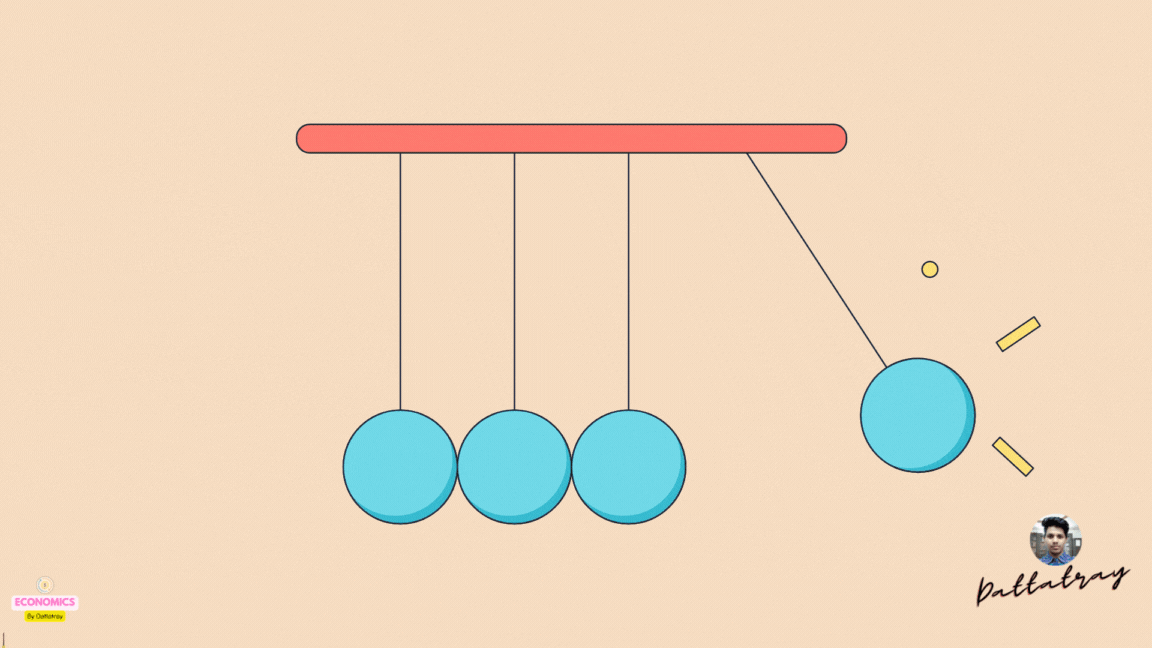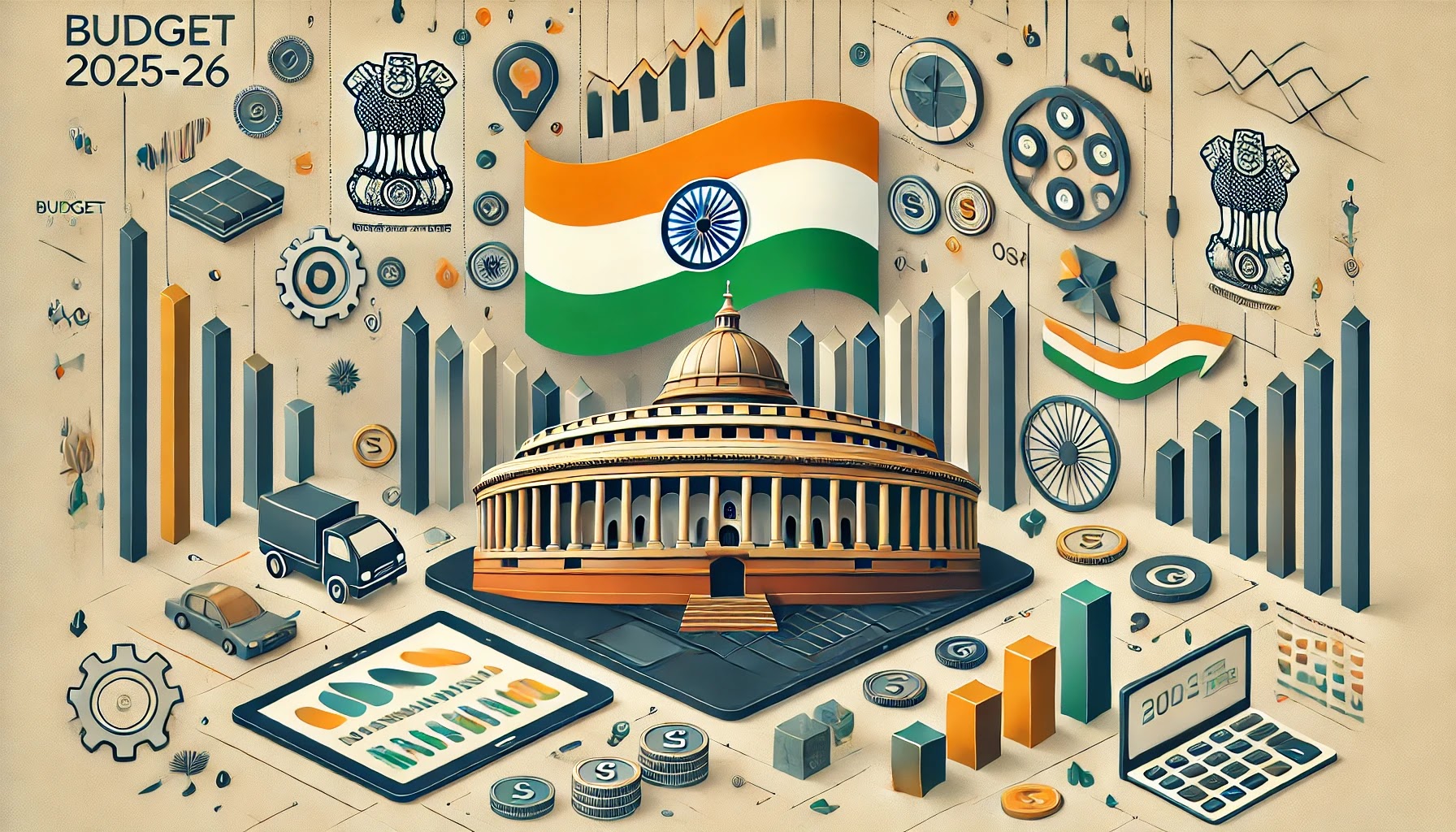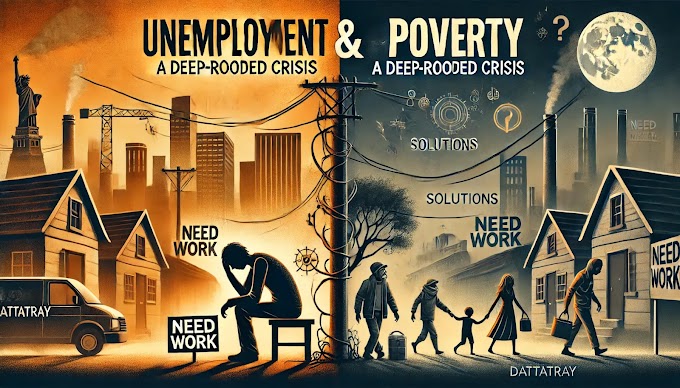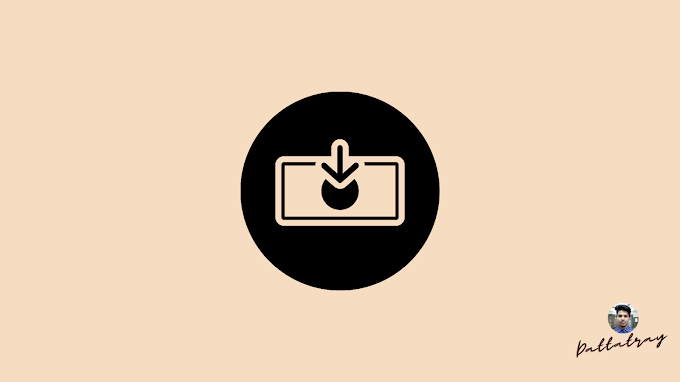The Role of Government in The Economy
The role of government in the economy is a highly debated topic in economics. Some argue that the government should play a minimal role in the economy, while others believe that the government should play a more active role in promoting economic growth and development. In this article, we will explore the different roles that governments can play in the economy.
Stabilizing the Economy :
One of the primary roles of government in the economy is to stabilize it during times of economic instability. Governments can do this through fiscal and monetary policies. For example, during an economic recession, the government may increase government spending or cut taxes to stimulate economic growth. The government may also lower interest rates or increase the money supply to encourage borrowing and investment.
Regulating Markets :
Another important role of government in the economy is to regulate markets to ensure fair competition and protect consumers. Governments can do this through antitrust laws, which prevent monopolies and promote competition. They can also enforce regulations to protect consumers from unsafe products or fraudulent business practices.
Providing Public Goods and Services :
Governments also play a crucial role in providing public goods and services that the private sector may not provide. Examples of public goods and services include infrastructure such as roads and bridges, education, healthcare, and national defense. These goods and services are important for the functioning of the economy and society as a whole.
Redistributing Income :
The government can also play a role in redistributing income to reduce income inequality. For example, governments may implement progressive tax systems, where higher earners are taxed at a higher rate, and use the revenue to provide welfare programs such as food stamps, housing assistance, and healthcare for low-income individuals.
Controlling Inflation:
The government can control inflation through monetary policy by adjusting interest rates and the money supply.
Providing Social Insurance:
The government provides social insurance programs such as Social Security, Medicare, and Medicaid, which protect individuals against unforeseen risks such as illness, disability, and retirement.
Protecting Property Rights:
The government protects property rights and enforces contracts, which are essential for a functioning market economy.
Maintaining Financial Stability:
The government can maintain financial stability by regulating financial institutions and markets to prevent financial crises.
Encouraging International Trade :
The government can encourage international trade through trade policies that promote the export of goods and services and the import of necessary inputs and resources.
Promoting Economic Growth :
Finally, governments can play a role in promoting economic growth through policies that encourage investment and innovation. This may include tax incentives for businesses, research and development funding, and trade policies that promote international trade.
Conclusion :
The role of government in the economy is a complex and multifaceted topic. While some argue that the government should play a minimal role in the economy, others believe that the government should play a more active role in promoting economic growth and development. Regardless of the position, it is clear that governments play a vital role in stabilizing the economy, regulating markets, providing public goods and services, redistributing income, and promoting economic growth. It is important for policymakers to carefully consider these roles and to implement policies that promote long-term economic growth and prosperity.
Thanks For Reading ( Have A Great Week :)
. . .
"If you can cut the people off from their history, then they can be easily persuaded." - Karl Marx











.png)



.png)


0 Comments